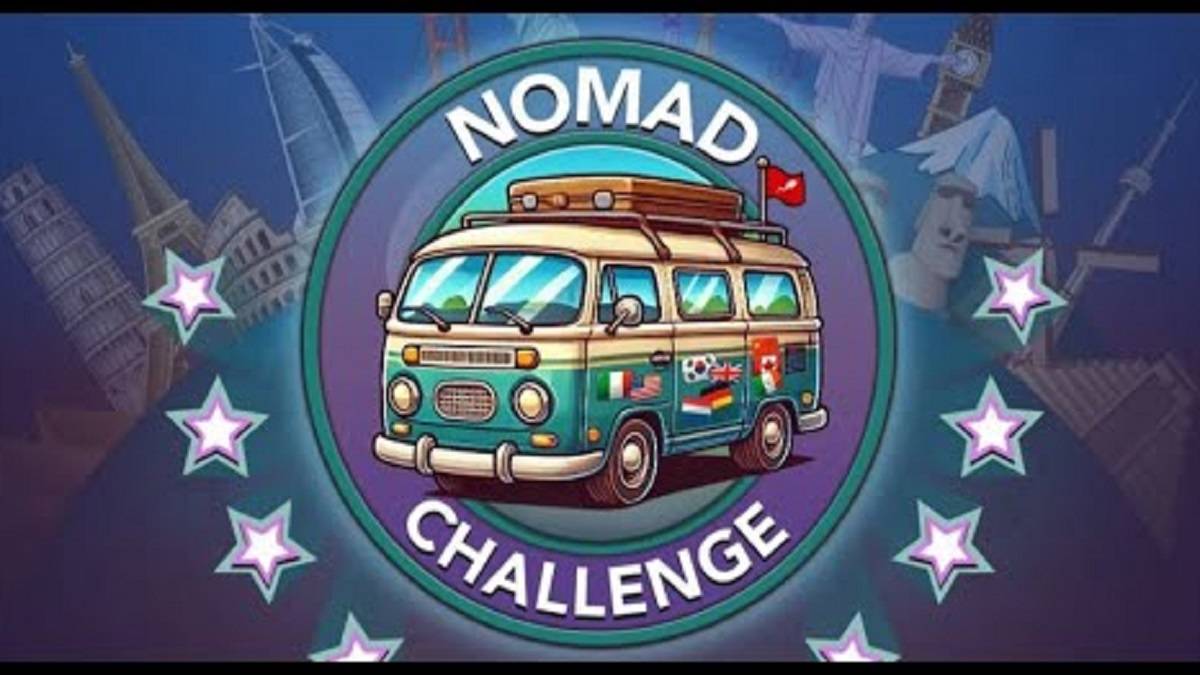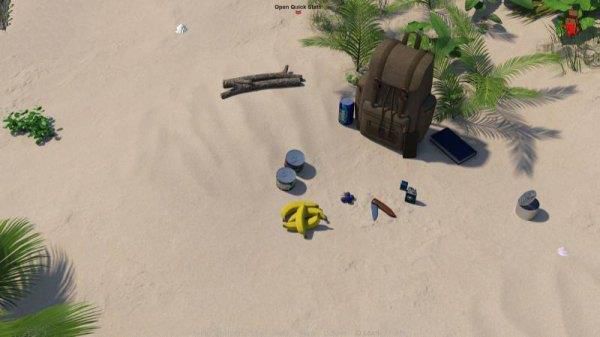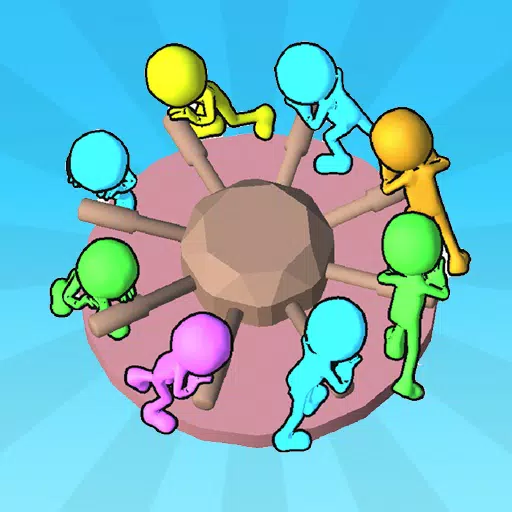Former PlayStation executive Shuhei Yoshida recently shared his perspective on Sony’s controversial shift towards live service video games, a direction he admits he would have tried to resist had he remained in his role. Yoshida, who served as President of SIE Worldwide Studios from 2008 to 2019, made these comments during an interview with Kinda Funny Games, highlighting the inherent risks Sony acknowledged in pursuing this strategy.
The landscape for PlayStation's live service games has been turbulent. While Arrowhead's Helldivers 2 achieved remarkable success, becoming the fastest-selling PlayStation Studios game with 12 million copies sold in just 12 weeks, other ventures like Sony's Concord have been disastrous. Concord barely lasted a few weeks before being taken offline due to dismal player engagement, ultimately leading Sony to cancel the game and shut down its developer. The financial impact was significant, with initial development costs reportedly around $200 million, as per Kotaku, not covering the full development or the acquisition of the IP rights and Firewalk Studios.
The failure of Concord followed the cancellation of Naughty Dog’s The Last of Us multiplayer project, and recent reports indicate Sony has also canceled two unannounced live service games, including a God of War title from Bluepoint and another from Bend Studio, the developers behind Days Gone.
Yoshida, who recently left Sony after 31 years, reflected on the company's strategy during his tenure. He explained that if he were in the position of Hermen Hulst, the current Sony Interactive Entertainment Studio Business Group CEO, he would have advocated against diverting resources from successful single-player titles to live service games. He noted that Sony provided additional resources to Hulst to experiment with live service games while continuing to support single-player projects.
“I’m sure they knew it was risky,” Yoshida said. “The chance of a game becoming successful in this hugely competitive genre would be small. However, the company, knowing that risk, gave Hermen the resources and chance to try it. I think that’s the way they did it. In my mind, that’s great, and hopefully some games will become successful.”
He also celebrated the unexpected success of Helldivers 2, emphasizing the unpredictable nature of the gaming industry. Yoshida humorously suggested that his resistance to the live service direction might have contributed to his departure from first-party development oversight.
In a recent financial call, Sony president, COO, and CFO Hiroki Totoki discussed the lessons learned from both Helldivers 2 and Concord. He admitted that Sony should have implemented development checkpoints, such as user testing and internal evaluations, much earlier in the process for Concord. Totoki also criticized Sony’s “siloed organization” and the timing of Concord's release, which coincided with the launch of the successful Black Myth: Wukong, potentially leading to market cannibalization.
Sony senior vice president for finance and IR Sadahiko Hayakawa further elaborated on the contrasting outcomes of Helldivers 2 and Concord, stating that the company plans to share these insights across its studios to enhance development management and post-launch content strategies. He emphasized Sony's intention to balance its portfolio with both single-player games, leveraging proven IPs, and live service games, which carry higher risks but also potential rewards.
Looking ahead, several PlayStation live service games are still in development, including Bungie’s Marathon, Guerrilla’s Horizon Online, and Haven Studio’s Fairgame$.








